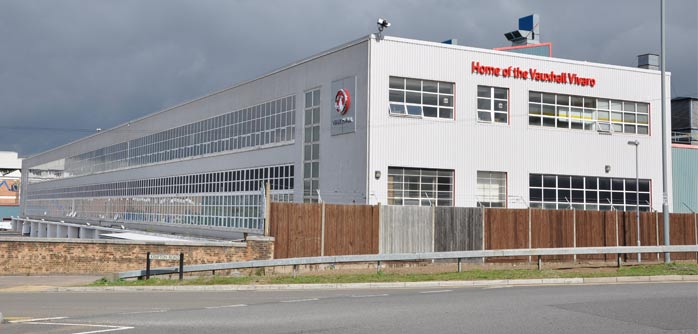Opel and the PSA Group has announced its intention to strengthen its market share of the LCV (light commercial vehicle) segment in Europe as well as accelerate its development in the other regions. Investment in the plant in Luton in the UK will see an increase in the manufacturing capacity of compact vans.
In 2017, PSA Group reported record LCV unit sales of 476,500, an increase of 15% on the previous year. When taking into account passenger car derivatives, the group sold 658,000 units in 2017.
Development of the plant will enable the optimization manufacturing processes to ensure that work is performed to the highest standards. In 2017, the plant produced 60,000 Opel/Vauxhall Vivaros. The investment aims to increase production capacity to 100,000 vehicles per year based on PSA Group’s EMP2 platform.
“Performance is the trigger for sustainability and I would like to thank all stakeholders involved and underline the open mindset of our union partners, as well as that of the UK government,” said Carlos Tavares, chairman of the board of management at PSA Group.
“This is a major milestone for the future of the Luton plant and a key enabler to serve our ambitions in the commercial vehicle market, guaranteeing customers the best offering in this segment.”
The investment in the UK plant is driven by a performance plan negotiated between the Unite Trade Union and the Luton site, and takes into account the facility’s recognized know-how in the manufacture of LCVs and the flexibility of its existing paint shop. With this initiative, the EMP2 platform for LCV will be localized by mid-2019 as part of the planned inclusion of PSA Group technology.
“This excellent news for Luton is also a clear demonstration that our PACE! Plan is being executed across all European countries,” added Michael Lohscheller, CEO of Opel/Vauxhall.
“It is also a clear recognition of the skilled people who have customer satisfaction at the core of their priorities. As we have often stated, we have our future in our own hands and we need to unleash the full potential of the employees.”


